Emma Paki
An amazing one-off in NZ pop culture, Emma Paki’s ‘System Virtue’ still sounds like nothing else, and its haunting tones still have the capacity to send shivers down the spine.
Standalone (DAM N8V remix)
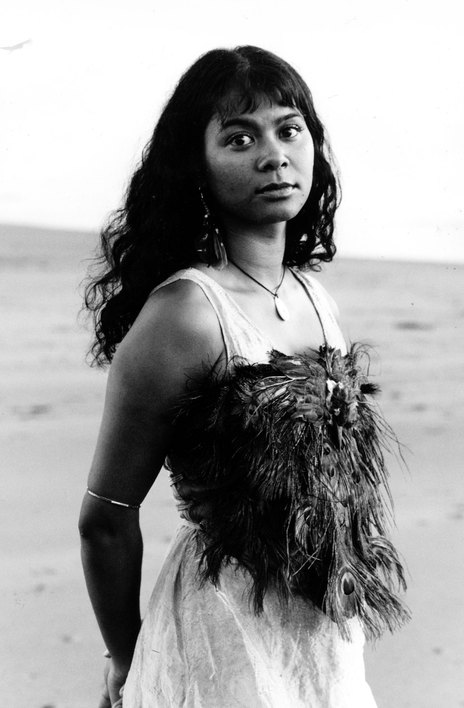
Emma Paki, 1995
Interview and Century Sky performance on Balcony TV
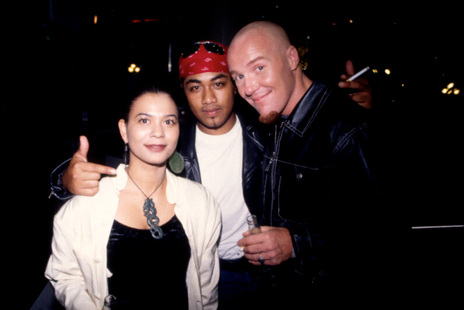
Emma Paki, Dave Telea (from D-Faction) and Matty J, 1996
System Virtue
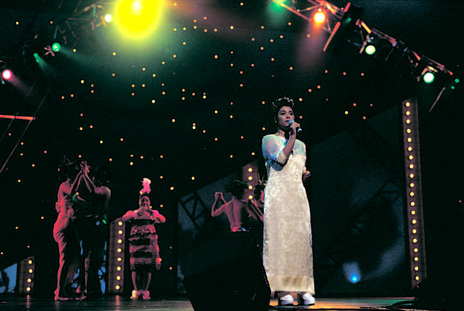
APRA Silver Scrolls, 1997
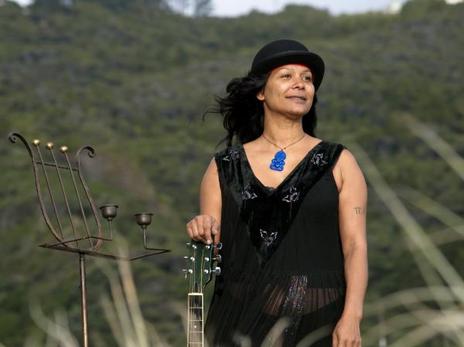
Emma Paki - Don't Give It Up (1996)
Emma Paki - Greenstone (1994)
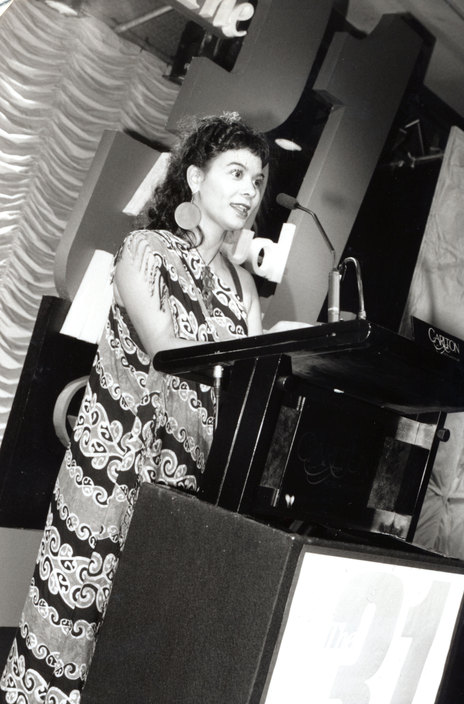
Emma Paki at the 1996 NZ Music Awards
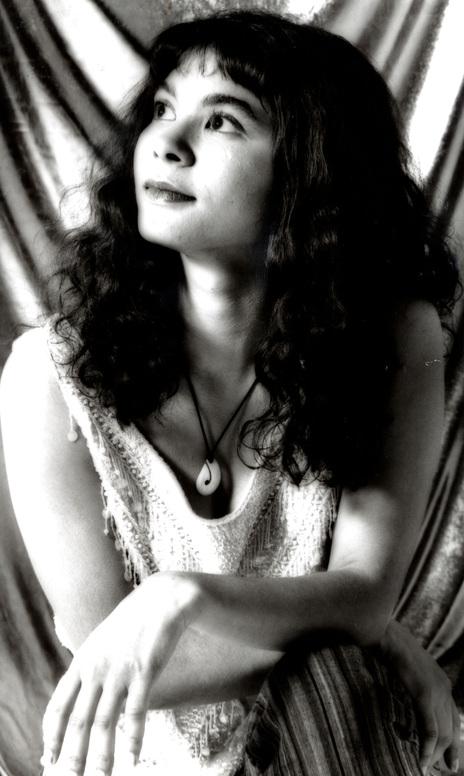
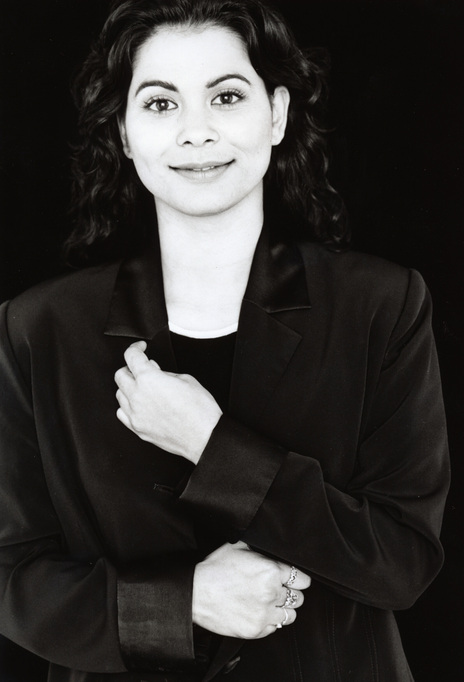
Emma Paki - Paradise (1997, directed by Kerry Brown)
Emma Paki at Te Papa - Stand Alone, 2009
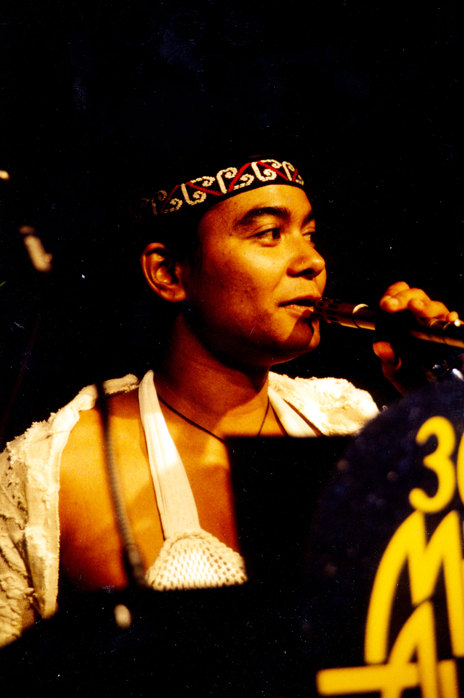
Emma Paki at the 1995 NZ Music Awards
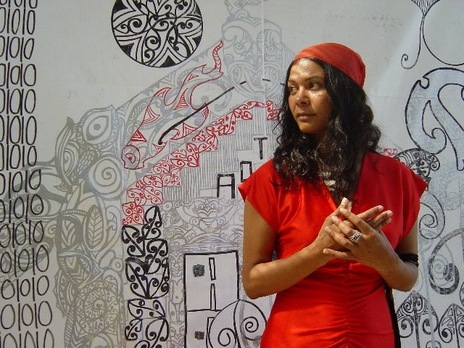
Trivia:
Paki is a multi-instrumentalist who asked for piano lessons as a young child, instinctively learned how to play guitar, and wrote her first song at the age of 10.
After she dipped out of the music industry, she waitressed and odd-jobbed, and eventually, spent a time living on the streets.
A new album was due at the end of 2010, but has yet to emerge.
Her first recording at 19 was Wanea Ngakau (Deep Emotion). Privately released, it received some student radio airplay.
System Virtue was voted the 40th Best New Zealand Song of all time by APRA members for the society's 75th Silver Scrolls Awards


